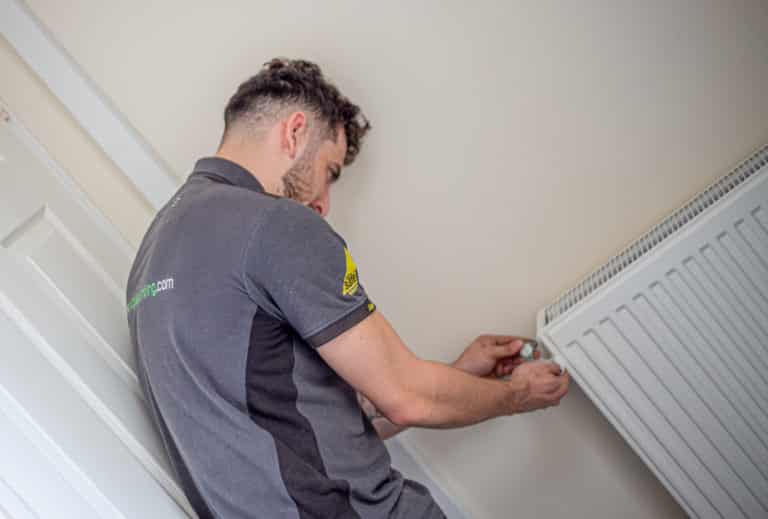When it comes to hot water systems, we know a good shower is vital after a hard day's work! That's why our staff are in the know when it comes to not just installing hot water cylinders, but which size is required to suit your home.
After a few checks of water flow rates and outlets within the house, we can put together a tailor made quotation to ensure you’re getting the shower you deserve! Unvented & vented cylinders are just part of the work Nu Age undertake in domestic houses and are happy to provide a free no obligation quotation for new installations.
Already have a hot water cylinder? Then we’ll fix it! Providing your hot water cylinder is repairable, our staff will be more than accommodating when it comes to getting your existing hot water cylinder working at full force. With all the correct accreditations, Nu Age can install, repair & service your hot water cylinder and make sure those hot taps stay hot!



A hot water cylinder, also known as a hot water tank or storage cylinder, is a container used to store and heat domestic hot water for use in homes and buildings.
Hot water cylinders are typically connected to a central heating system or an immersion heater. Water is heated and stored in the cylinder until it's needed, at which point it is drawn from the tank and distributed throughout the home.
The size of the hot water cylinder you need depends on factors such as the size of your household, your hot water usage patterns, and the type of heating system you have. Nu Age can help determine the appropriate size for your needs.
There are several types of hot water cylinders, including vented cylinders, unvented cylinders, and thermal store cylinders. Vented cylinders are connected to a cold water tank, while unvented cylinders are pressurized and don't require a separate tank. There are direct & indirect cylinders also. Direct cylinders are heating via an immersion whilst indirect are heated via a coil from the heating system.
The time it takes to heat water in a hot water cylinder can vary depending on factors such as the size of the cylinder, the power of the heating system, and the temperature of the incoming water. In general, it can take anywhere from 30 minutes to a few hours to heat water to the desired temperature.
Installing a hot water cylinder typically requires plumbing and heating expertise, so it's not recommended as a DIY project unless you have the necessary skills and experience. It's best to hire a qualified plumber or heating engineer to ensure the installation is done safely and correctly.
Regular maintenance of a hot water cylinder can help ensure efficient operation and prolong its lifespan. This may include periodic inspections, flushing the cylinder to remove sediment build-up, and checking for leaks or corrosion.
If you notice a leak in your hot water cylinder, it's important to address it promptly to prevent water damage and potential safety hazards. Depending on the severity of the leak, you may need to shut off the water supply to the cylinder and contact a plumber for repairs or replacement.
The lifespan of a hot water cylinder can vary depending on factors such as the quality of the cylinder, the water quality in your area, and how well it's maintained. On average, hot water cylinders can last anywhere from 10 to 20 years or more.
The energy efficiency of a hot water cylinder depends on factors such as its insulation, the type of heating system used, and how it's used. Upgrading to a newer, more efficient cylinder or heating system can help reduce energy consumption and lower utility bills.